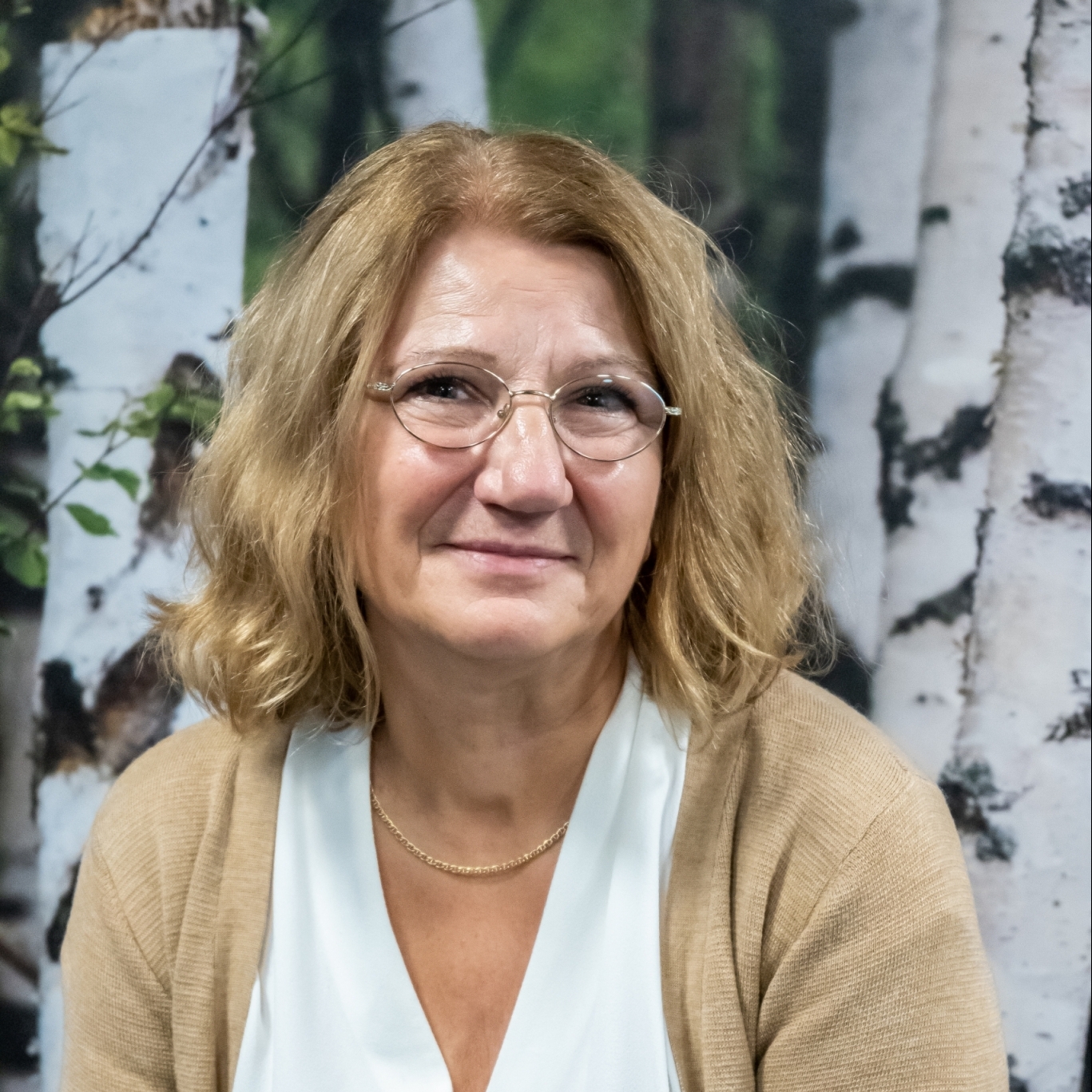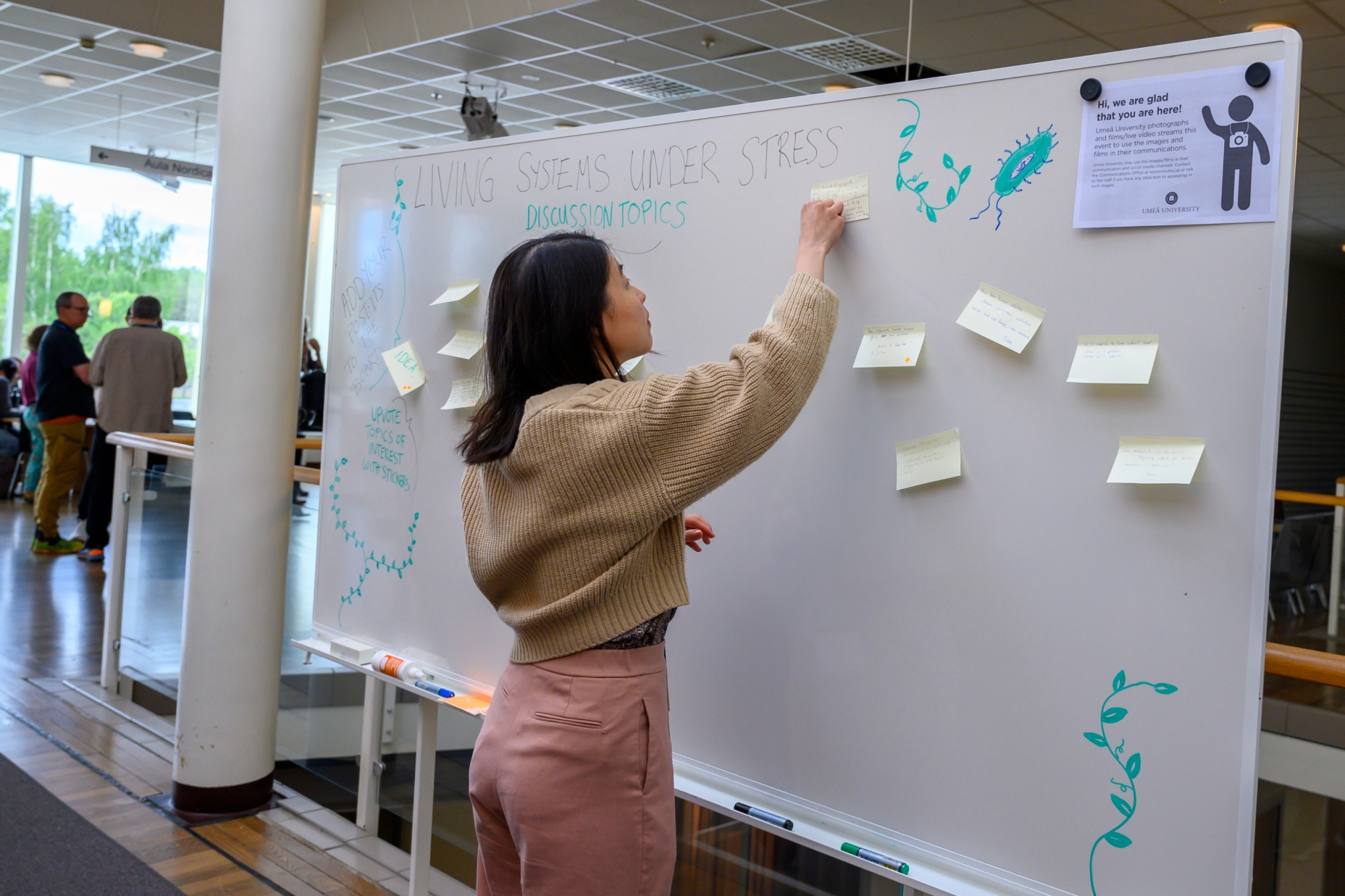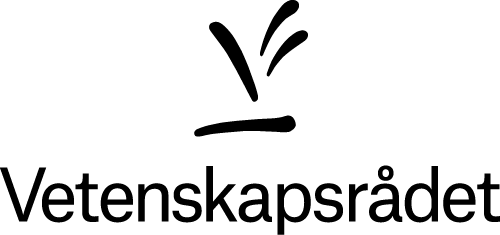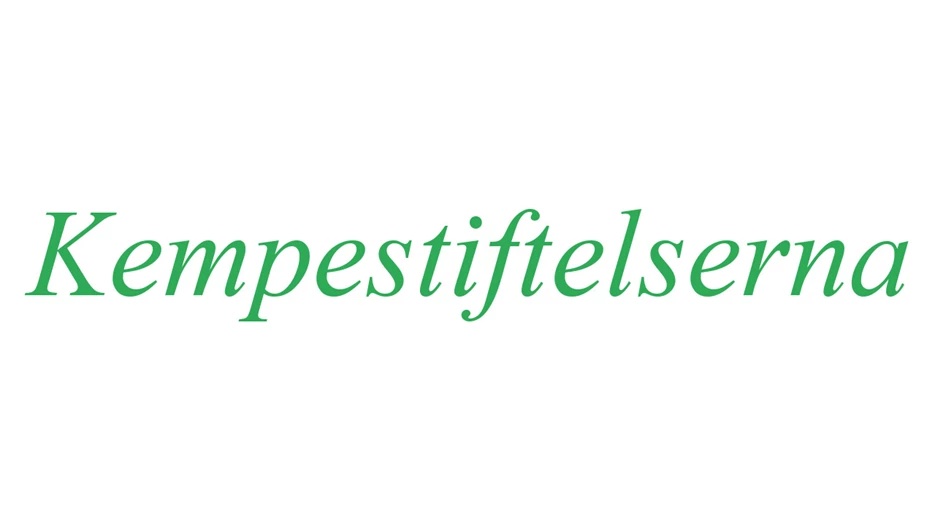Stress Response Modeling at IceLab
Stress Response Modeling at IceLab is a multidisciplinary complexity center formed to unveil universal principles and adaptive mechanisms in living systems under stress
Modeling adaptive mechanisms in living systems under stress
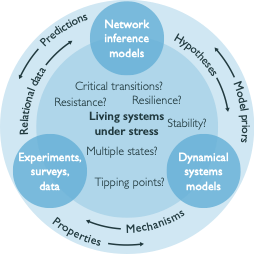
We conduct research across three pillars: 1) system-specific empirical knowledge shared across organizational scales of study systems, 2) network analysis with new inference tools for predictions and mechanistic hypotheses, and 3) dynamical systems modeling explaining how those systems drive or inhibit critical transitions.
IceLab Excellence Center fellows
We will recruit two new faculty, one Associate professor and one Assistant professor, in the spring of 2024. We will be looking for multidisciplinary candidates who combine computational literacy with domain-specific literacy in the fields of plant physiology or ecology and environmental sciences. These faculty will play pivotal roles in consolidating the Center’s growth and in developing critical elements of the research school.
In addition, we plan to offer further opportunities as part of IceLab’s Kempe funded multidisciplinary postdoctoral program. A call for projects is anticipated in April 2024, and a call for postdocs is expected in the summer of 2024.
Further recruitments of postdoctoral fellows, doctoral students and other positions, connected to the new faculty and the current faculty of the Center are expected.
IceLab Excellence Center Network: Visiting researchers
We invite researchers from beyond Umeå to spend time in IceLab and take part in Stress Response Modeling at IceLab activities. including research, seminars, workshops, conferences, and research school. Interested researchers can apply for support from IceLab to travel to and stay in Umeå. Join the IceLab Excellence Center Network!
Research School
Stress Response Modeling at IceLab will develop a top-level complexity science research school to train next-generation computational biologists and prepare them with strong complexity thinking skills and tools. IceLab members currently teach a range of Master’s and PhD level courses which will be supplemented with new courses to produce a complete computational science 60 ECTS PhD course package. A range of courses will be designed for experimental and computational students to help them work and learn from each other, as well as courses focusing on the core concepts related to Stress Response Modeling at IceLab.
Once the research school has been established, a Master’s program in models of life is planned for development from 2029 onwards, further funding pending. Designed for students in the computational and life sciences, the program will focus on universal principles and phenomena instead of specific organisms or systems. It will provide both knowledge and open questions at the research frontier of adaptive mechanisms in living systems, as well as practical experiences in mathematical and computational modeling such as network-inference methods and dynamical system modeling techniques. The Master’s program will prepare students for our research school.
Activities
Stress Response Modeling at IceLab continues and expands IceLab’s tried and tested innovative activities designed to train multidisciplinary students, connect researchers, launch new ideas and land original projects.
Open-problem workshops and conferences
Open conferences featuring research along the theme of Stress Response Modeling as well as special multiple-day workshops promoting personal interaction and open discussion of results and ideas. In the workshops participants pitch open problems and form working groups that break disciplinary boundaries to suggest approaches to overcome identified gaps. Working group results are presented on the final day and action points for follow-up collaborations and projects are identified. The frequency of these activities is planned for every two years, starting with a kick-off conference in June 2024.
IceLab Camp
A four-day off-site PhD course that prepares its participants to create new inter- or multidisciplinary research by first teaching them to listen to each other – and how to ask research questions. IceLab Camp runs yearly in the fall.
Lunch Pitches
Idea colliders aiming to help researcher in Umeå cross disciplinary boundaries and create the conditions for unexpected collaborations and research directions to emerge. Researchers take the essence of an open research problem and present it in five minutes to a diverse gathering, Following the pitches, ideas flow between the pitchers and the audience in small-group discussions. The Lunch Pitches run yearly in the spring.
Hackathons
To take the spark of collaborative research ideas ignited at the lunch pitches or other BioStress Modeling at IceLab activities and turn them into feasible project proposals, multidisciplinary teams are invited to our proven hacakathon format. In a stimulating setting off-campus, the team can work with focus for multiple days to outline a proposal.
Communication with surrounding society
The above activities will stimulate connections between members of the Center and other academic researchers and researchers from industry, both through presenting open research and engaging with research presented by others. All of the above-mentioned activities will be open to researchers from beyond the Center.
In addition, we will make plans to engage with society at large through scientific outreach initiatives, including public science lectures and through collaboration with outreach arenas like the Curiosum science center in Umeå, to increase awareness and competence in complexity thinking.
Stress Response Modeling at IceLab Team Leaders
IceLab faculty members that are directly involved with organizing and carrying out the Center’s activities. Many other IceLab members are and will be connected to Stress Response Modeling at IceLab. See the full team of IceLabbers here.
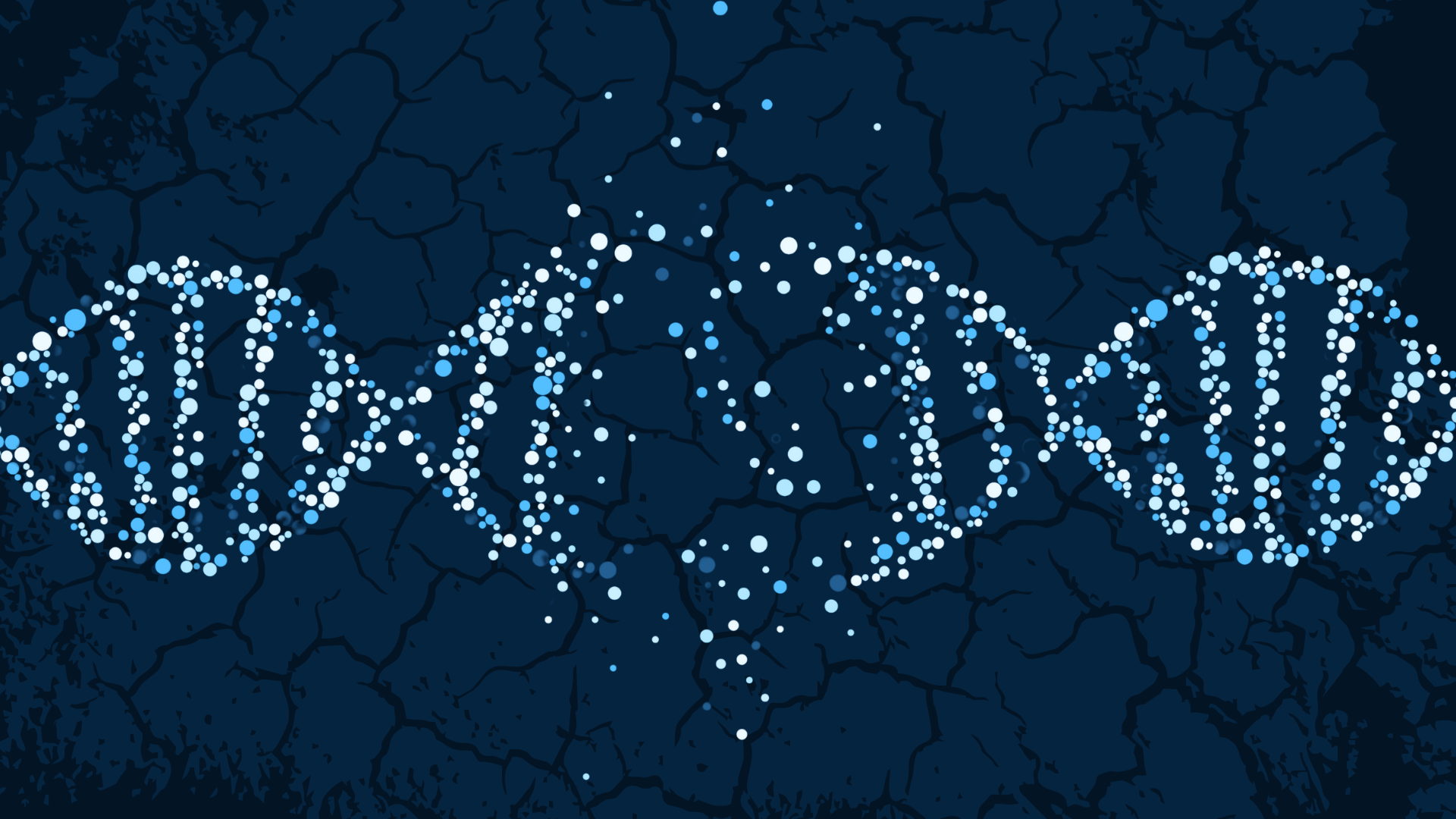
Upcoming Events
Stress Response Modeling at IceLab News
The latest articles covering activities and research connected to Stress Response Modeling at IceLab excellence center
Support for Stress Response Modeling at IceLab
Core funding for Stress Response Modeling at IceLab is provided by the Swedish Research Council’s 2022 call for Centres of Research Excellence, with additional generous support from the Knut and Alice Wallenberg Foundation, Umeå University and Kempestiftelserna which fund aspects of the Stress Response Modeling at IceLab excellence center as well as IceLab more broadly.






